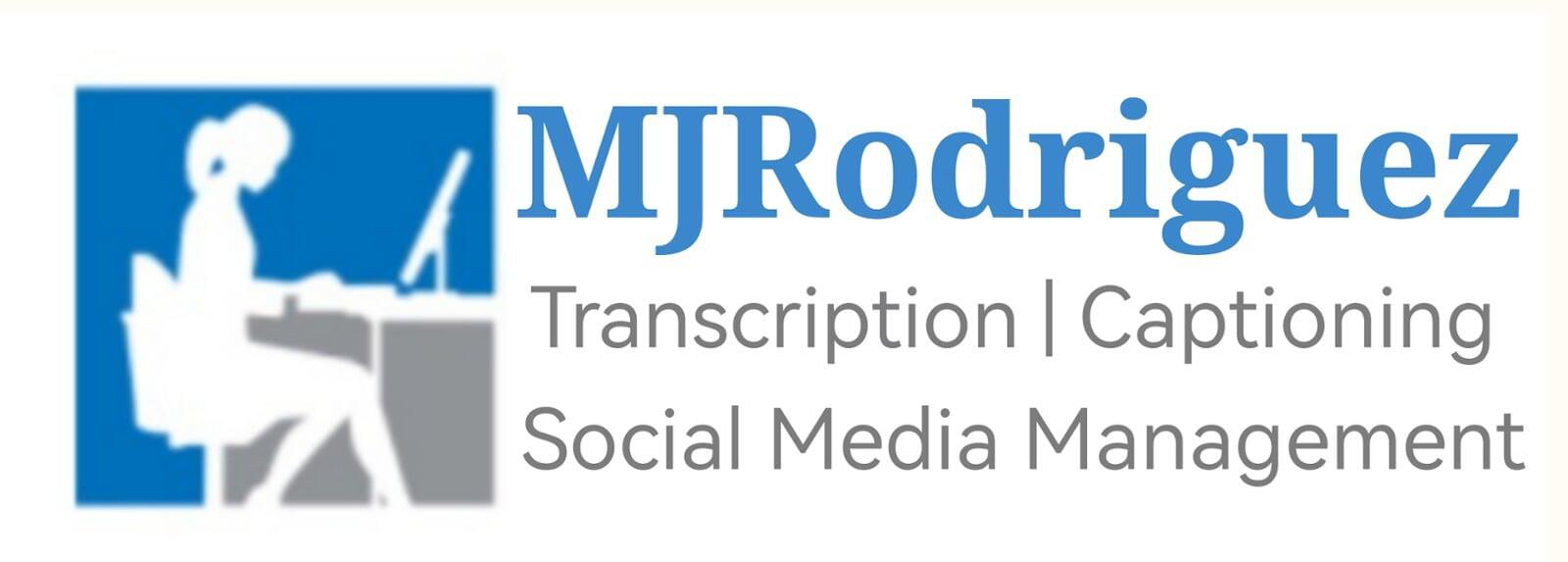Transcription and Remote Work: How Transcription Services Support Remote Teams and Virtual Meetings
Remote work has become a vital component of the modern workplace. Whether it's a team spread across different time zones or a company with employees working from home, maintaining communication, productivity, and collaboration can be challenging. One of the key solutions to enhancing these processes is transcription services. These services play a crucial role in supporting remote teams and virtual meetings by ensuring seamless communication, improving efficiency, and promoting accessibility.
The Importance of Transcription in Remote Work
Remote work thrives on clear and effective communication. In many cases, virtual meetings, video conferences, and webinars are the primary modes of interaction for remote teams. However, despite the convenience of these digital tools, challenges often arise. Key points can be missed, language barriers can hinder understanding, and the lack of non-verbal cues can make interpreting messages more difficult.
Transcription services address these challenges by converting spoken content from virtual meetings into written form. This process makes it easier for remote workers to review conversations, extract important information, and ensure that nothing is overlooked. Moreover, transcription helps teams stay on the same page, especially when members are unable to attend live meetings or need a written reference for later review.
How Transcription Services Support Remote Teams
Enhancing Communication and Collaboration Transcription provides remote teams with a written record of virtual meetings, which can serve as a valuable reference for future collaboration. Instead of relying on memory or potentially missing critical details, team members can review the transcript at their convenience, ensuring no crucial points are lost. This also encourages clarity in communication, as transcriptions can be cross-referenced for accuracy.
Boosting Productivity By offering an efficient method for reviewing meeting discussions and action items, transcription services enable remote teams to save time. Instead of having to take detailed notes during meetings, team members can focus on participation and engagement, knowing that they can access a complete transcript afterward. This boosts overall productivity as employees are better equipped to carry out their tasks with clarity and precision.
Supporting Time Zone Challenges In global remote teams, time zone differences can complicate scheduling meetings and live interactions. Transcription services offer a solution for teams across various time zones by providing a recorded version of the meeting. This means that even if a team member is unable to attend a meeting live, they can review the transcription to catch up on any missed discussions or decisions, ensuring they're not left behind.
Improving Accessibility For remote teams with diverse members, transcription services enhance accessibility by catering to different learning styles and abilities. Those who might struggle with understanding accents or fast speech can benefit from having a written version of the discussion to refer to. Additionally, transcription provides a valuable tool for people with hearing impairments, ensuring that virtual meetings are inclusive for all participants.
Searchable Records for Future Reference One of the greatest advantages of transcription services is the ability to create searchable records. Having an indexed and easily searchable transcript makes it simple for remote teams to find specific information, such as decisions, action items, or relevant data discussed during meetings. This feature reduces the time spent searching through hours of video or audio recordings, making it easier for employees to retrieve pertinent information when needed.
Supporting Legal and Compliance Needs Many industries, such as healthcare, finance, and legal, require adherence to strict compliance and regulatory standards. Transcription services help remote teams meet these requirements by providing a clear, accurate record of meetings and communications. This can be particularly important when dealing with sensitive information or discussions that may need to be documented for legal purposes.
Transcription for Virtual Meetings: The Game-Changer for Remote Teams
Virtual meetings are the backbone of remote collaboration. However, these meetings can sometimes be overwhelming due to technical difficulties, long discussions, or a lack of proper documentation. Transcription services bridge this gap by ensuring that all meeting details are captured and organized in a way that is easy to understand and review.
For instance, during a virtual meeting, transcription services will capture the audio and convert it into a text format, often in real-time or shortly after the meeting concludes. This transcript can include speaker identification, timestamps, and other relevant details to provide a clear and accurate account of what transpired during the meeting.
With transcription services, virtual meetings become more effective. Participants can focus on the discussion without worrying about taking notes or missing key points. After the meeting, the transcript serves as a valuable resource that can be used to create summaries, action plans, and follow-up tasks.
Why Transcription Services are Vital for Remote Teams
Transcription services are more than just a tool for recording conversations; they are an integral part of remote work dynamics. By providing accurate records of virtual meetings, enhancing communication, improving accessibility, and boosting productivity, transcription services make remote work more effective and efficient. Whether it's a small startup or a global enterprise, transcription plays a pivotal role in ensuring that remote teams can collaborate seamlessly, regardless of geographical boundaries or time zone differences.
Incorporating transcription services into the workflow not only promotes a more organized and transparent environment but also fosters better decision-making, clearer communication, and enhanced team collaboration. As remote work continues to evolve, transcription services will remain a cornerstone in keeping teams connected and informed.




